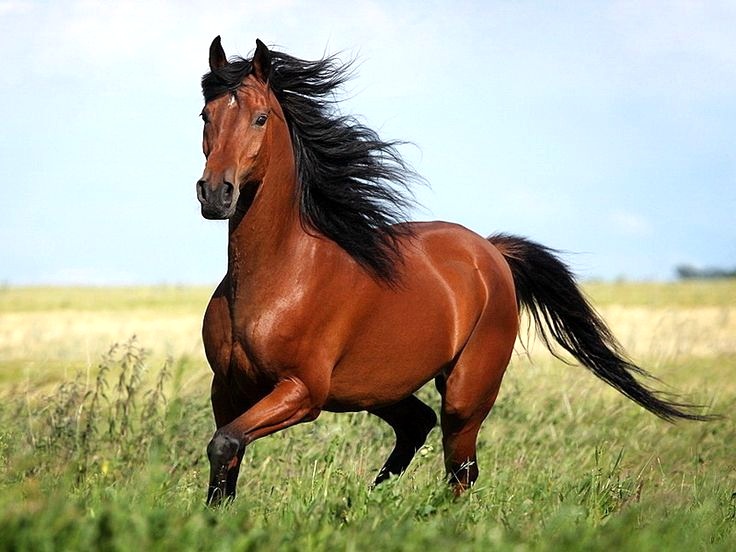Selenium is an essential mineral that horses need to stay healthy and perform optimally, but like many other supplements, too much of a good thing can be detrimental. In horses, too much selenium can cause a condition called selenosis, which can be very serious and can even be fatal. Therefore, it is important to understand how much selenium a horse needs and how to provide it in a safe manner.
What is Selenium and What Does it Do?
Selenium is an essential mineral that plays an important role in many biological processes in horses, including the metabolism of fats and carbohydrates, the formation of red blood cells, and the production of thyroid hormones. It also has antioxidant properties, meaning it helps protect cells from damage caused by oxidative stress.
How Much Selenium Does a Horse Need?
The amount of selenium a horse needs depends on its breed, age, and the environment it lives in. In general, horses need between 0.1 and 0.3 mg of selenium per day. Forage (grass and hay) grown in areas with high levels of selenium in the soil can provide enough selenium for horses, but in areas with low levels, a supplement may be necessary.
What Happens if a Horse Gets Too Much Selenium?
When a horse consumes too much selenium, the condition known as selenosis can result. Selenosis can cause a variety of symptoms, including weakness and lack of coordination, weight loss, anemia, loss of hair and hoof growth, and a decrease in fertility and milk production. In severe cases, it can cause liver and kidney damage, which can be fatal.
How Can You Avoid Giving a Horse Too Much Selenium?
The best way to avoid giving a horse too much selenium is to provide it with an appropriate amount. If you are supplementing with selenium, be sure to check with your veterinarian and have them recommend a dose based on your horse’s breed, age, and environment. Also, it is important to check the label of any feed or hay you are giving your horse, as some feeds and hays can contain high levels of selenium.
In areas with high levels of selenium in the soil, it is best to minimize the use of supplements and instead provide a diet rich in forage. If a supplement is necessary, use a product that provides selenium in the form of selenomethionine, which is the most bioavailable form and is less likely to cause selenosis.
Conclusion
Selenium is an essential mineral that horses need for optimal health and performance, but too much can cause selenosis, which can be very serious and even fatal. Therefore, it is important to understand how much selenium a horse needs and how to provide it in a safe manner. Be sure to check with your veterinarian and read labels to make sure your horse is getting the appropriate amount of selenium, and in the most bioavailable form.

